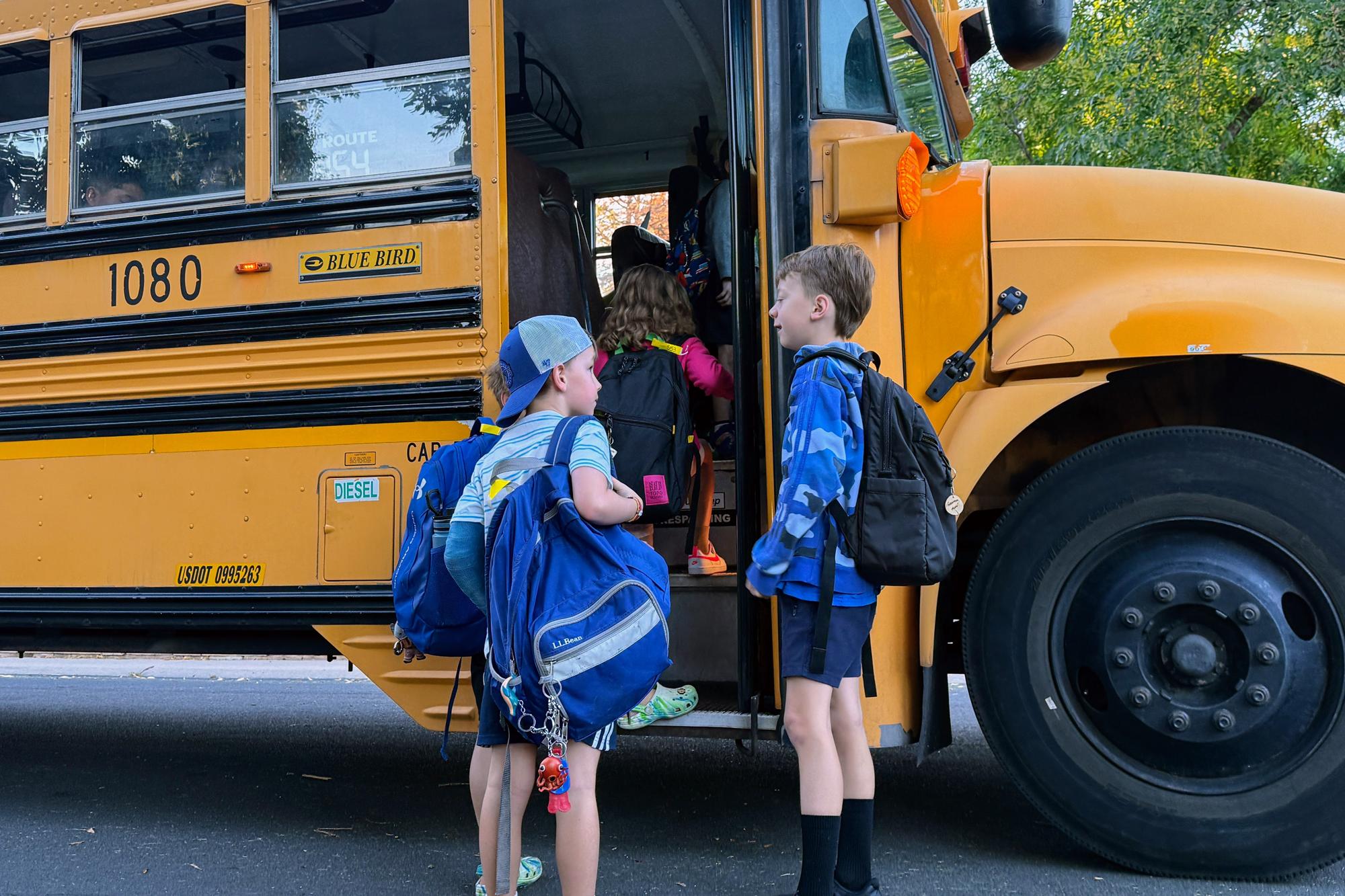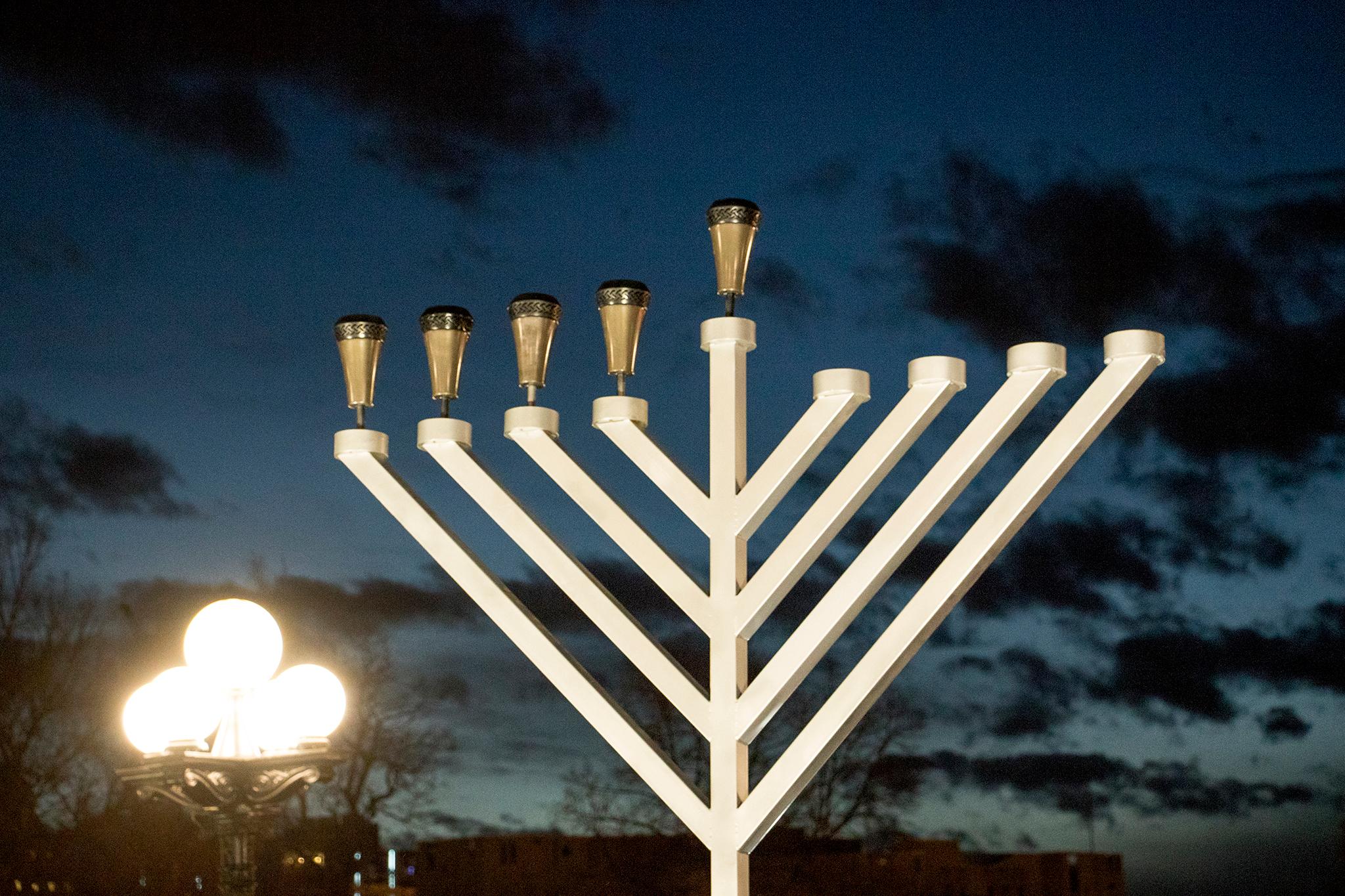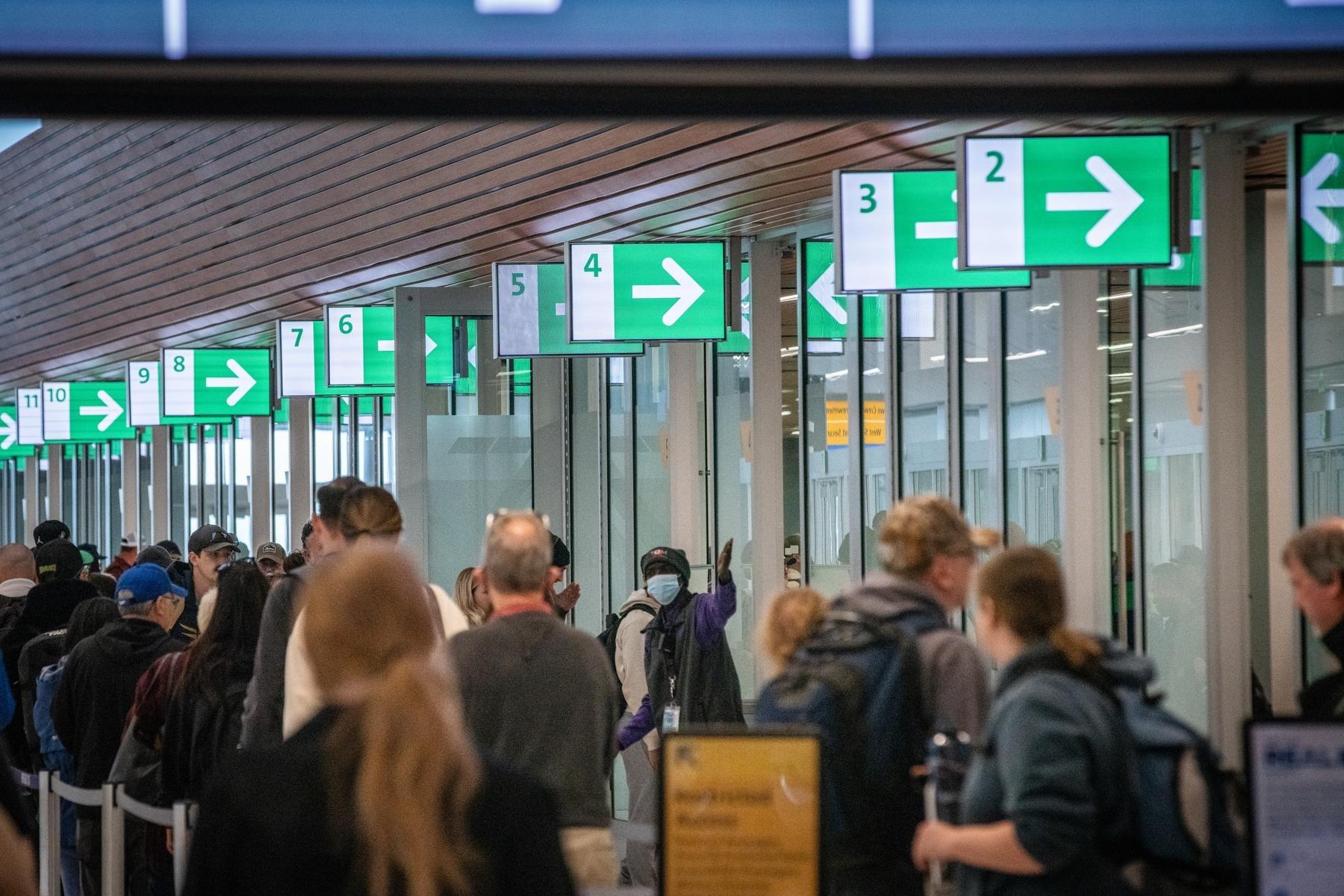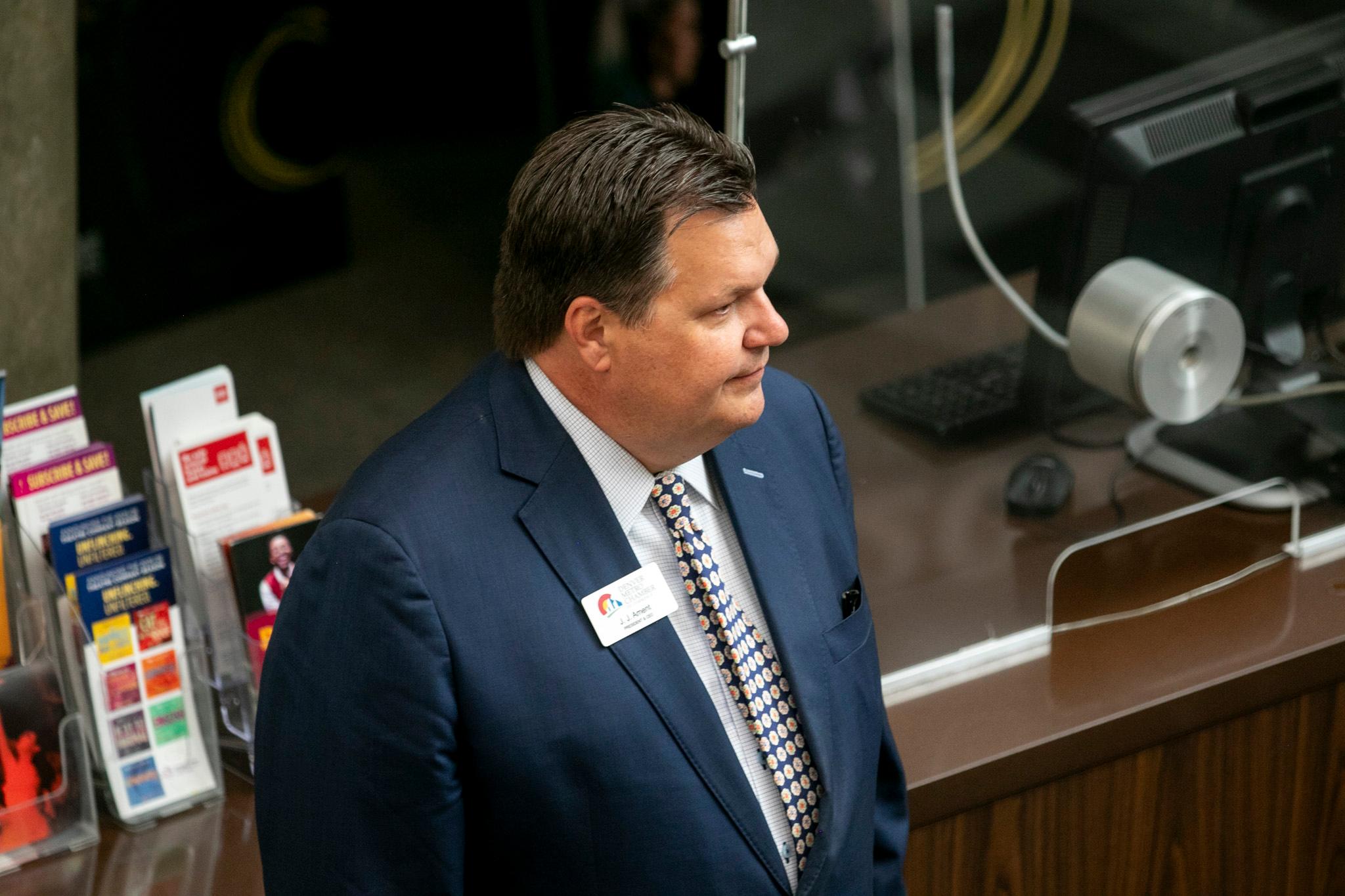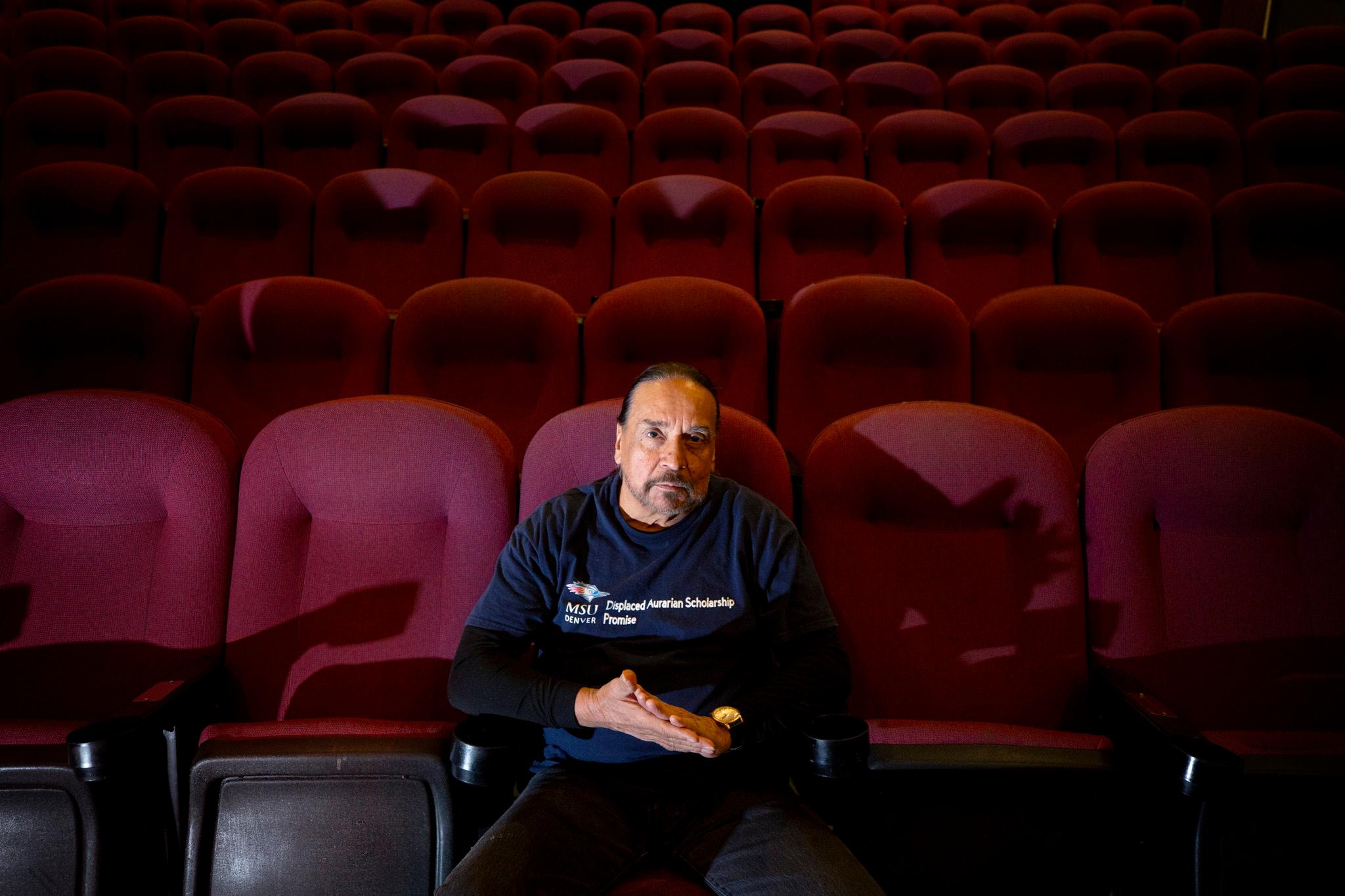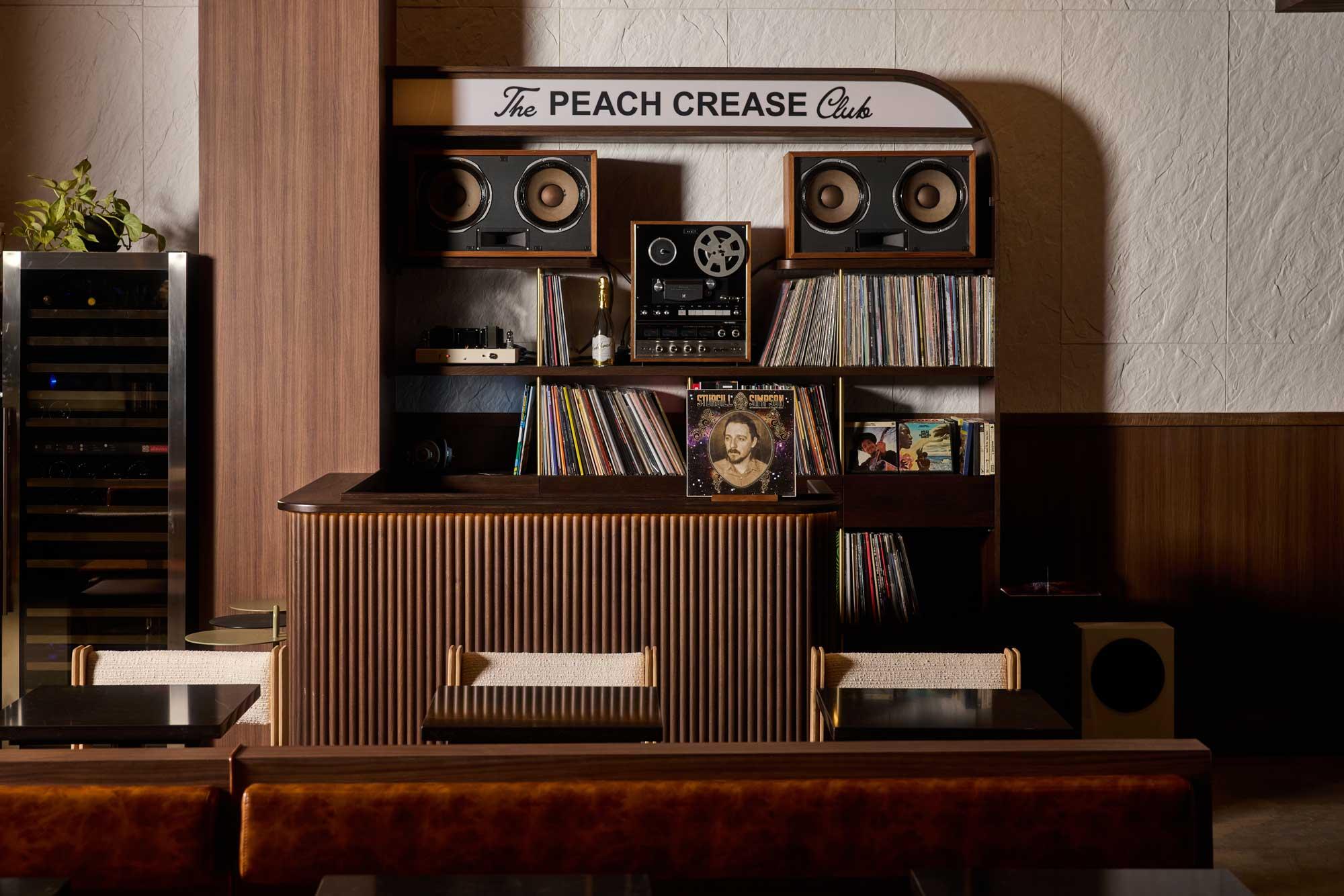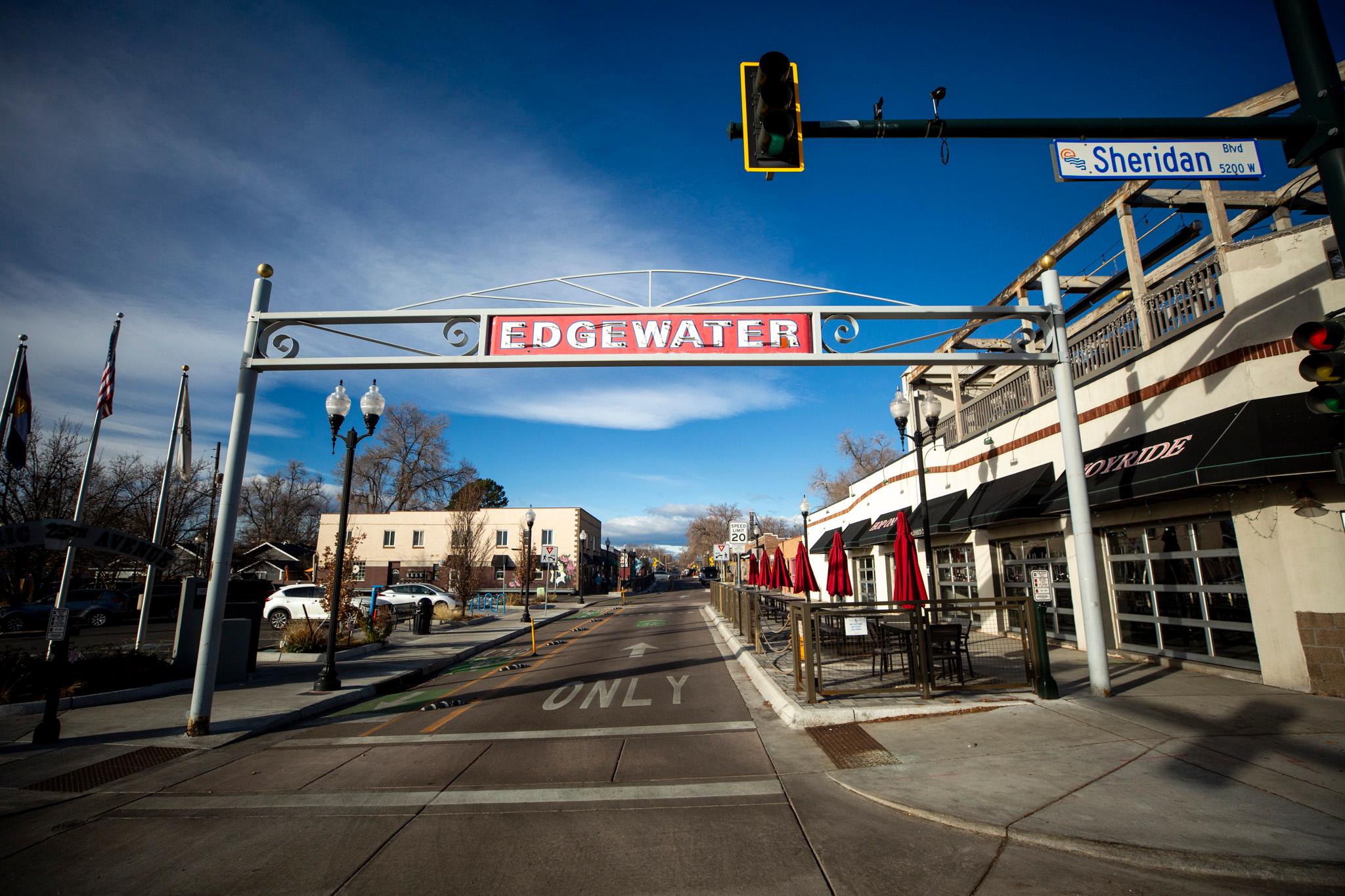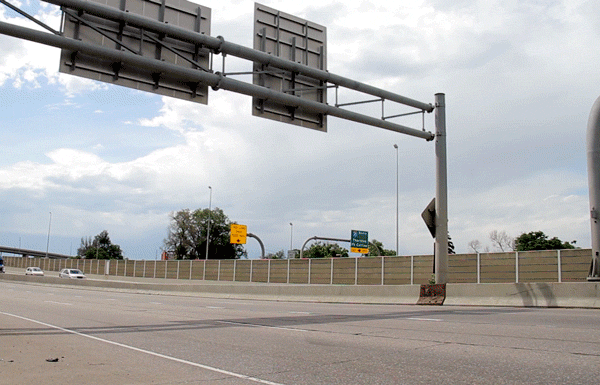
Republicans and Democrats opened the session talking about transportation, and it's looking likely that some sort of tax proposal, most likely a sales tax increase to fund road construction, will go to the voters in November.
But it's going to take a lot of work to get there. Conservatives are organizing against the idea, and Colorado voters -- who have not approved a statewide tax increase other than the tax on marijuana since the adoption of TABOR back in 1992 -- would still need to say yes.
Over the weekend, the Denver Post had a good look at how Democrats and Republicans came to share the same concerns and what political disagreements could yet derail a tax proposal.
Short version: Our roads are terrible, but some Republicans want budget cuts in other areas before agreeing to a new dedicated tax for roads. Meanwhile, Democrats think the budget is already too small and too stretched.
Colorado has an estimated $9 billion backlog of road construction projects to get its infrastructure into shape and expand I-25 north and south of Denver and I-70 through the mountains. And right now, there's no obvious place to get the money. Colorado hasn't raised the gas tax since 1991, and because cars are more fuel-efficient, people pay less per mile driven. And transportation competes with other needs in a budget that is dominated by three huge spending categories: education, health care and prisons.
Each half-point in sales tax would generate around $500 million a year in new revenue.
Colorado Springs Mayor John Suthers, a Republican who got his city's voters to approve a new tax for roads in 2015, thinks roads are different in the minds of voters.
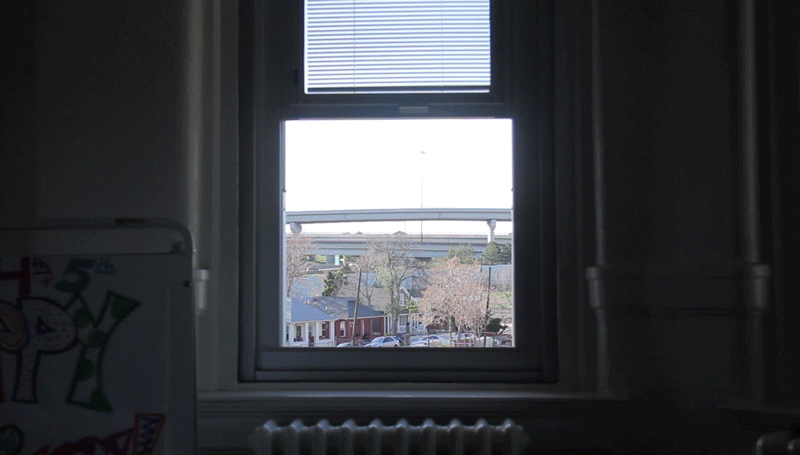
“Any polling you do, people are upset about the roads,” he told the Post. “Often times, when you go to the voters, you have to spend a lot of effort convincing them that something is an issue. Not when it comes to roads. They know roads are an issue.”
Nonetheless, Americans for Prosperity recently launched an online petition against any tax increase. In his opening day speech, House Minority Leader Rep. Patrick Neville said he favors a bond program -- meaning borrowing to pay for roads -- with a dedicated funding stream to pay it off. He said that money could come from cuts in other areas, not new taxes.
Some Republicans want to see cuts in other taxes, perhaps the gas tax or the business personal property tax, to show voters they're not just asking for more money without looking hard at the state's balance sheet.
“If we can come up with a new equation that voters can look at, we would like to,” Senate Majority Leader Chris Holbert, a Parker Republican, told the Denver Business Journal. “That seems to be a conversation that doesn’t have a finite ending.”
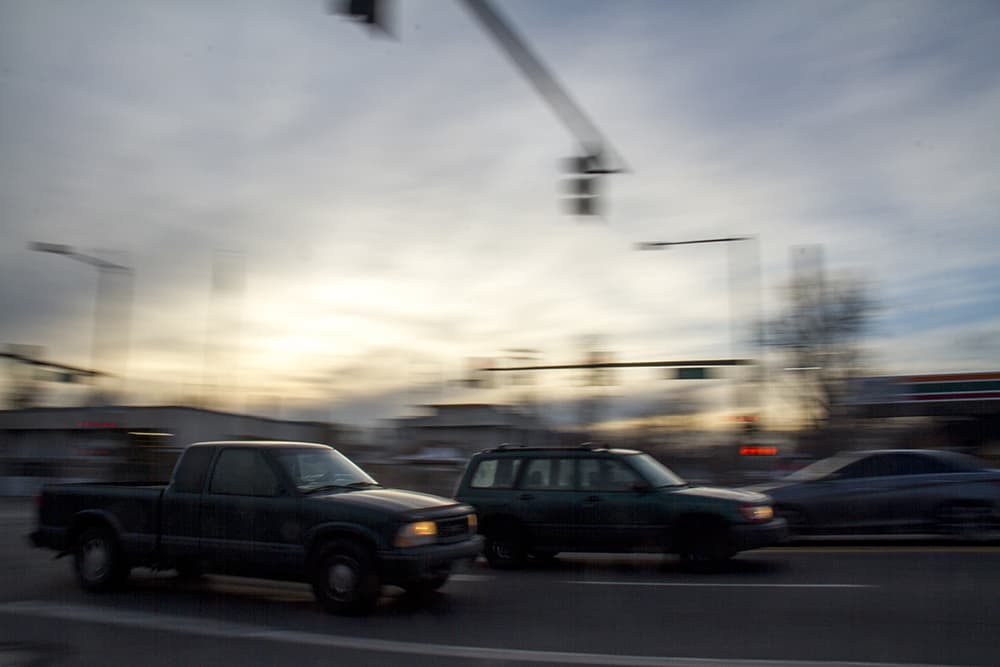
Another potential sticking point, as Colorado Politics notes, is how much money will go to transit and other alternative infrastructure.
The governor, meanwhile, is pitching the tax increase to anyone and everyone. According to the Denver Business Journal, he used the occasion of state tourism leaders visiting the Capitol on Monday to ask them to sell the tax in their home districts.
"When you’re out talking to your legislators and pushing things, (transportation funding) should not be a Republican or Democratic thing," Hickenlooper said. "One reason we get the reaction that we have too many tourists is not because we do but because we’re not keeping up with infrastructure."

